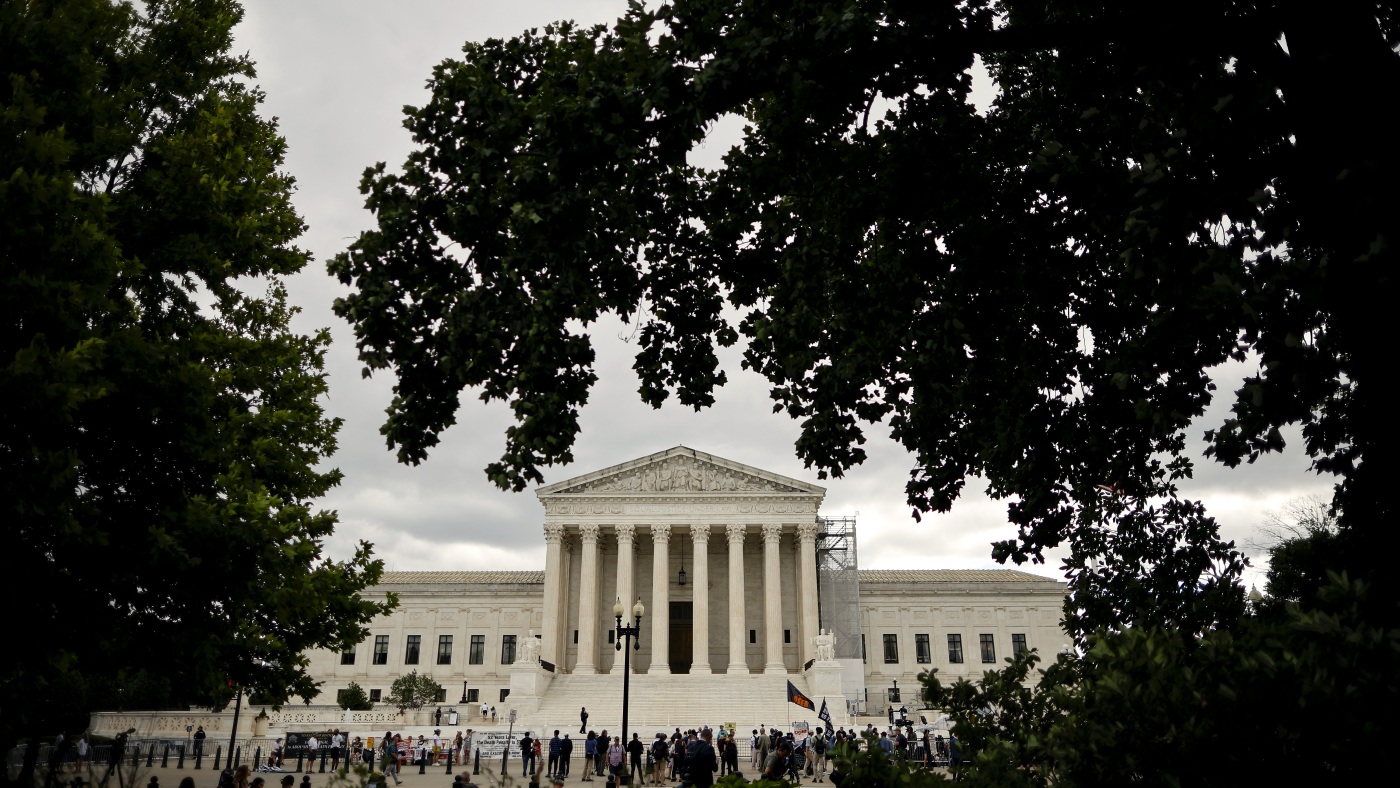Supreme Court Upholds Tennessee’s Ban on Gender Affirming Care for Minors
The United States Supreme Court’s latest ruling has added fuel to the ongoing cultural debates, as it upheld a Tennessee law prohibiting gender affirming medical care for minors. This decision echoes similar legislative moves by half of the states in the country, while the other half continue to permit such care, including hormone treatments, for individuals under 18.
The justices ruled 6-to-3, reflecting the court’s conservative-liberal divide. Proponents of the law celebrated the decision. State Senator Jack Johnson, who sponsored the bill, remarked to NPR last year that the state restricts minors from engaging in activities like tattooing, smoking, or drinking. He emphasized, “We regulate a number of different types of [medical] procedures, and we felt like this was the best public policy to prevent kids from suffering from irreversible consequences, things that cannot be undone.”
This legal battle was initiated by three teenagers and their parents in Tennessee. They argued that the law violated the constitutional right to equal protection by selectively restricting treatments for those seeking gender transition, while allowing the same medications for other medical conditions like endometriosis or early puberty.
The American Civil Liberties Union (ACLU), representing the plaintiffs, highlighted that major medical organizations such as the American Medical Association and the American Academy of Pediatrics endorse these treatments for teenagers with gender dysphoria.
However, Senator Johnson noted that several Western European countries have reconsidered their stance on these treatments, citing concerns about adverse effects surpassing potential benefits.
The ruling represents a significant victory for Tennessee and 24 other states with similar laws. Yet, it leaves many questions unresolved. What happens to current treatments if discontinuation poses a risk? Moreover, unresolved issues linger in various domains, from educational boards to sports teams. The contentious issue of parental rights over their children’s medical treatments remains unaddressed by the court.

This article was originally written by www.npr.org







Be First to Comment